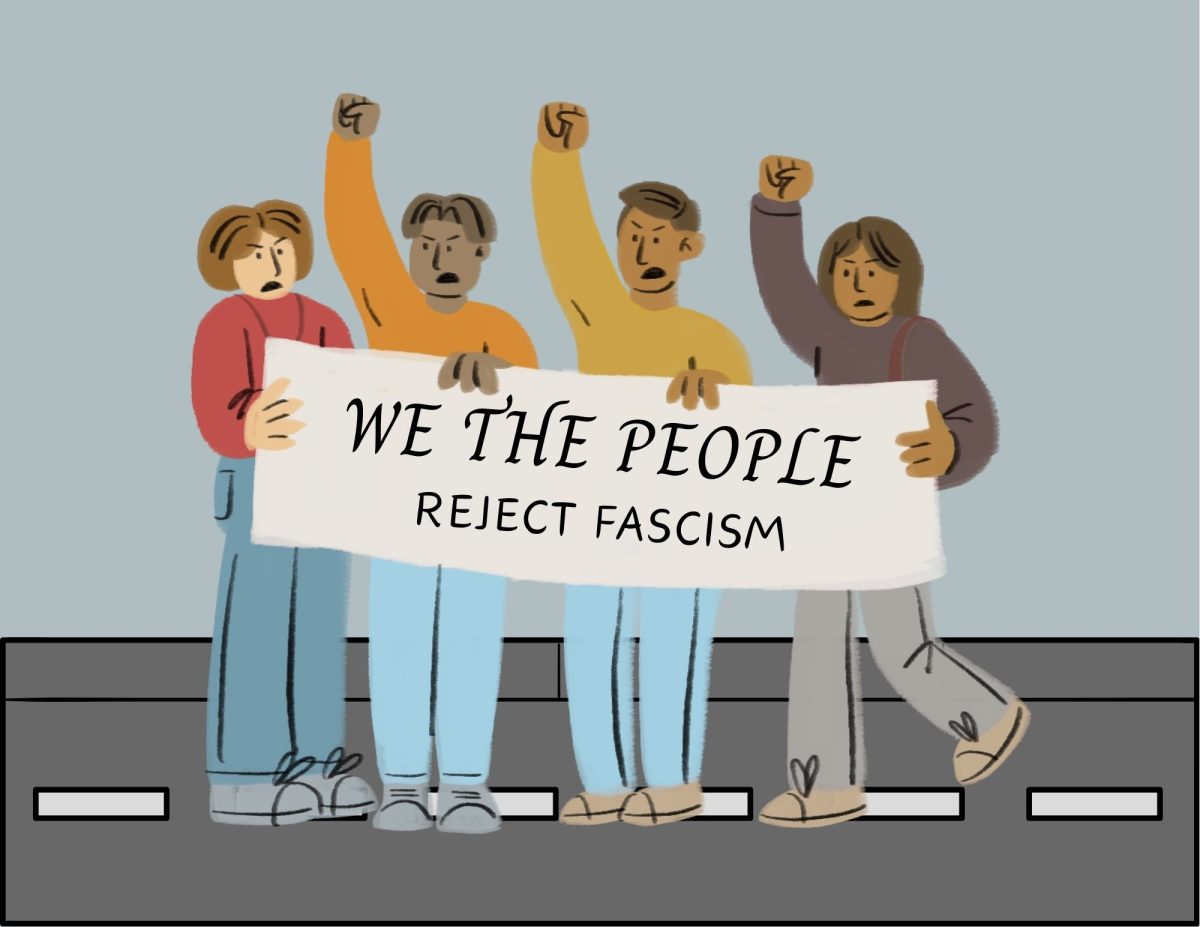The Michael Jackson homicide case is one of the highest profile cases of this generation.
The beloved pop singer, who everyone tries to imitate, died June 25, 2009 from an alleged overdose of propofol, an anesthetic only used in operating rooms and other dangerous medications. Because he administered the drug, his doctor, Conrad Murray, was charged with involuntary manslaughter and should be found guilty.
This trial’s popularity can easily be compared to the 1995 O. J. Simpson trial, in which Simpson was accused of killing his ex-wife, Nicole Brown Simpson and Ron Goldman in 1994.
Every media circuit covered the case, and it was also broadcast on television. Ironically, the same Los Angeles courtroom used in Simpson’s case is now being used in Murray’s case.
There have been a lot of unanswered questions regarding the day that Michael Jackson died, such as the amount of time it took for Murray to call 911, the people he actually called before asking for help and why he was administering the drug at all.
As a doctor, he should know to follow all rules of a doctor. Yes, Michael Jackson was one of the biggest pop stars of this century, and it may be hard to say “no” to him, but saying it could have saved his life.
There is not an explanation as to why Murray agreed to order propofol in bulk to one of his mistress’ home in Las Vegas, as stated by the mistress while under oath.
Some could argue that he did it because he was simply following orders, and some could argue that Murray did it all for the money. Some people could even argue that Murray did it because he was simply naive.
According to sgna.org, a medical website, propofol or any anesthetic drug should not be used without a license and outside of an operating room.
Murray is a doctor with a medical degree; he should know using that type of drug without proper monitoring is dangerous.
If Murray is found guilty, he could receive up to four years in prison, and I think he should serve every day of the sentence.




